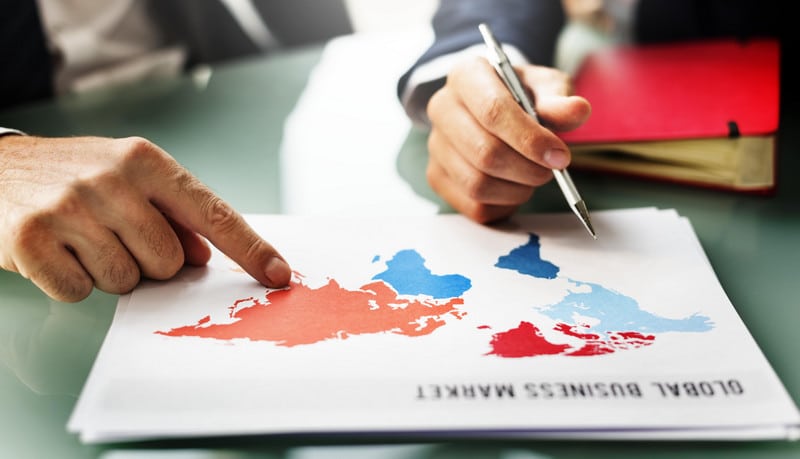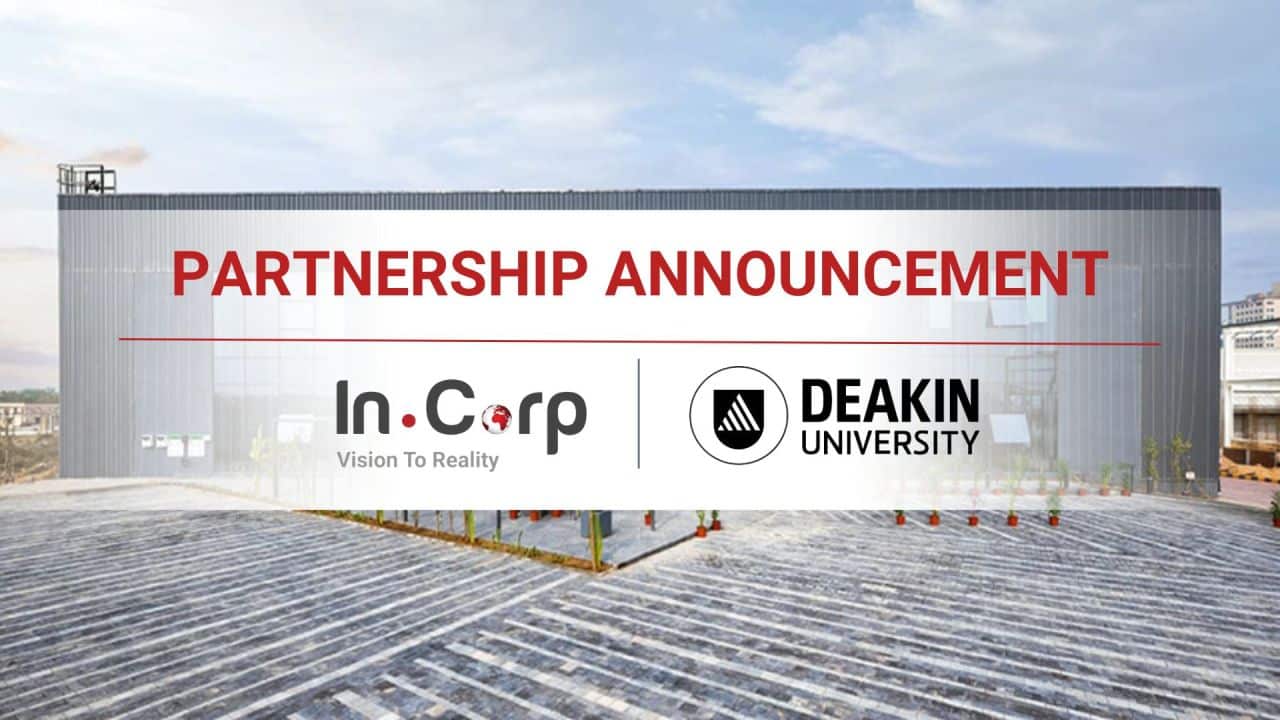BRSR – A New Avatar of ESG Reporting
BRSR – A New Avatar of ESG Reporting
- Last Updated
BRSR Reporting is probably a new avatar to a legacy of other sustainability reports. Sustainability reporting was introduced to Indian businesses more than a decade ago. In 2011, the Ministry of Corporate Affairs (MCA) released the National Voluntary Guidelines (NVG) on Social, Environmental, and Economic Responsibilities of Business and NVG aligned with the UN Millennium Development Goals (UNMDGs).Taking cue from the NVG, the Security and Exchange Board of India (SEBI) introduced the Business Responsibility Report (BRR) in 2012.
Business Responsibility and Sustainability Reporting – BRSR Reporting
The BRR is the first Environment, Social, and Governance (ESG) regulatory disclosure framework in India – it precedes the current Business Responsibility and Sustainability Reporting (BRSR) requirements. BRR was based on NVG and was mandatory for the top 100 listed companies (by market capital). Gradually, the coverage of BRR increased, and in 2019 it became mandatory for the top 1000 listed companies. However, BRR’s relevance faded, owing to rapid global developments. Additionally, an NSE report (2018) revealed that the BRR Reports lacked quality, rendering the reporting unreliable. Hence, arose the need for a more robust and globally aligned reporting – enter the BRSR framework!
Realizing the issue, the MCA adopted the National Guidelines for Responsible Business Conduct (NGRBC) in 2020. Subsequently, SEBI replaced BRR with Business Responsibility and Sustainability Reporting (BRSR), formulated by an MCA committee on BRR.
Brief Timeline Of BRSR Reporting
![]()
Some Salient Points About BRSR Reporting Are –

Related Read: Linking MSCI ESG Ratings with BRSR Framework
- NGRBC suggests two versions for BRSR reporting – “Comprehensive” and “Lite”. The ‘Comprehensive Version’ of reporting is for listed organizations, and the ‘Lite Version’ is for unlisted companies. SEBI has mandated that India’s top 1000 listed companies (by market capital) submit the comprehensive version BRSR for FY 2022-23.
- A unique advantage of following BRSR requirements is that it adopts the United Nations Sustainable Development Goals (UN-SDGs) and is benchmarked with other global ESG reporting frameworks like Global Reporting Initiative (GRI), Task Force on Climate-Related Financial Disclosures (TCFD), etc.
- Reporting under BRSR guidelines comprises of three sections –
- Section 1: General Disclosures
- Section 2: Management and Process Disclosures
- Section 3: Principle-wise Disclosures
- Section 1 focuses on the basic information at the company level. Section 2 focuses on policy and governance level questions. Both sections are mandatory to be reported.
- Section 3 comprises nine principles, each focuses on a specialized area. Disclosures in section 3 have two categories – Essential Indicators and Leadership Indicators. The essential indicators are mandatory, while the leadership indicators are voluntary.
- The method of reporting under BRSR, compared to its predecessor BRR, is considerably heavy on data requirements. It comprises more than 120 reported data points across three sections and nine principles.
- Gathering the raw data (thousands of data points!) across the Finance, HR, CSR, Supply-chain and Operations teams (and various systems such as ERP, CRM, HRMS etc.), collating and indexing it, processing it and then structuring it across these nine principles is an extensive exercise, and requires specialized focus and alignment.
Conclusion
While BRSR reporting is a compliance mandate for companies, the filing exercise may give companies deeper insights into their non-financial business risks and opportunities.
If you believe that BRSR is just another compliance, do check out this blog. We think it needs a more profound engagement within the organization to be able to build a BRSR Report.
Why choose InCorp Advisory?
InCorp offers guidance to businesses at different stages across diverse sectors. Our team of experts have in-depth experience in managing the complexities and intricacies of BRSR reporting. To learn more about our BRSR Reporting or ESG services, you can write to us at info@incorpadvisory.in or reach out to us at (+91) 77380 66622.
FAQs
Business Responsibility Sustainability Reporting (BRSR) is a voluntary framework for companies to report their social, environmental, and economic impacts on society. It enables companies to be transparent and accountable about their sustainable practices and contributes to the sustainable development of the economy.
BRSR is important because it helps companies to identify and mitigate potential risks, improve their reputation, and enhance their relationship with stakeholders. BRSR also contributes to the overall sustainable development of the economy by encouraging companies to adopt responsible and sustainable practices.
BRSR is applicable to all listed companies, as well as unlisted companies with a net worth of Rs. 500 crore or more, or a turnover of Rs. 1,000 crore or more, or a net profit of Rs. 5 crore or more during any financial year.
BRSR has four components: governance and ethics, social, environmental, and economic. Each component has specific disclosures that companies need to report on.
BRSR is not mandatory for companies, but it is encouraged by the Securities and Exchange Board of India (SEBI) and the Ministry of Corporate Affairs (MCA) for all eligible companies to report.
The reporting cycle for BRSR is annually. The reporting year runs from April to March.
There are no specific penalties for non-compliance with BRSR. However, companies that do not report under BRSR may face reputational risks, and may not be able to access certain capital markets or investors who prioritize sustainable practices
BRSR is unique in that it is a voluntary framework specific to Indian companies, and it is designed to align with Indian laws, regulations, and social and environmental priorities. BRSR also focuses on governance and ethics, which is not a component of all sustainability reporting frameworks.
Companies can prepare for BRSR reporting by understanding the framework and its components, engaging with stakeholders, conducting assessments of their social, environmental, and economic impacts, and implementing sustainable practices and policies.
BRSR reporting can benefit companies by enhancing their reputation, improving their relationship with stakeholders, identifying potential risks and opportunities, and promoting sustainable practices and policies. BRSR reporting can also contribute to the overall sustainable development of the economy.
Have you started collecting your BRSR data yet?
Share
Share





































































